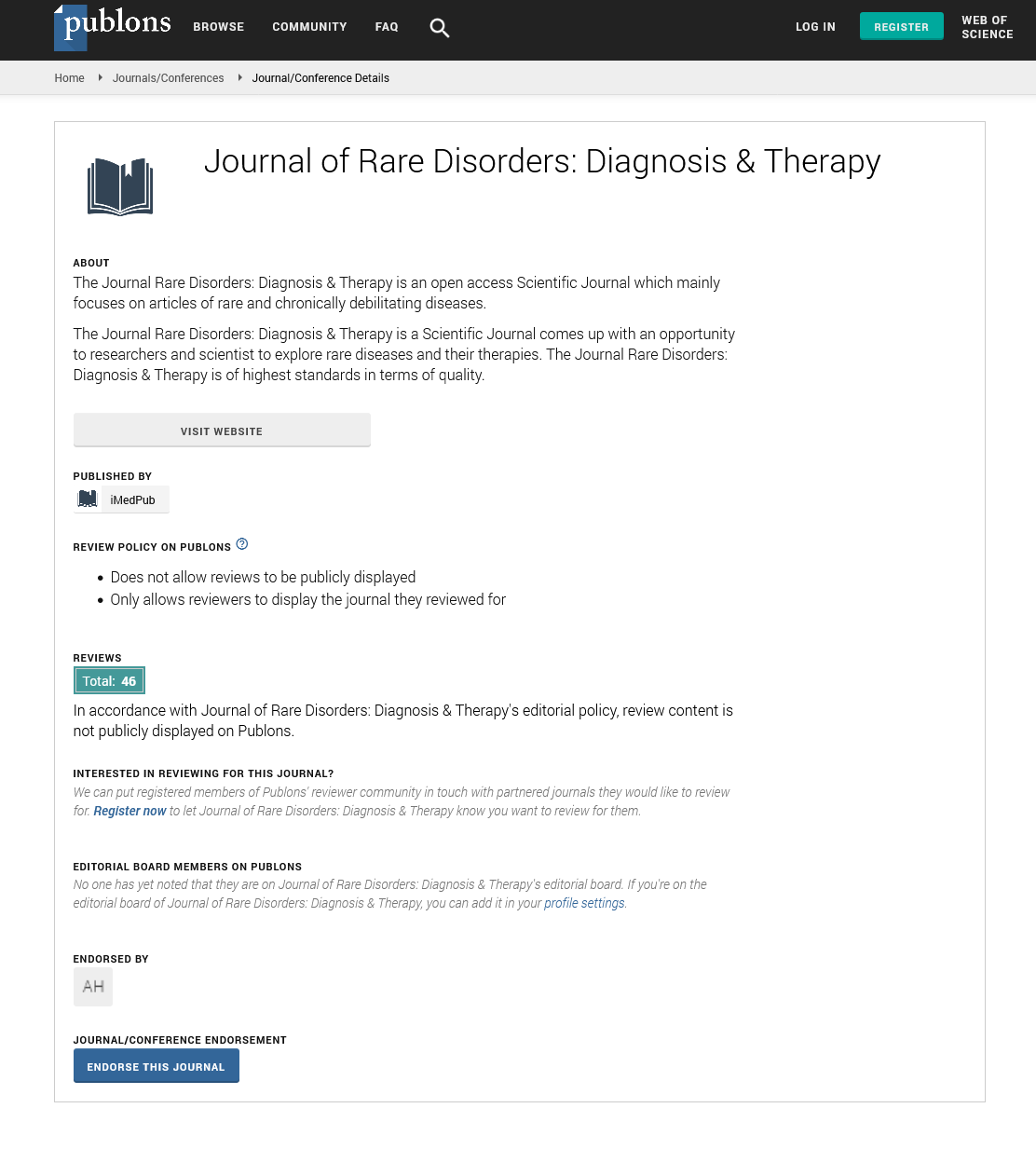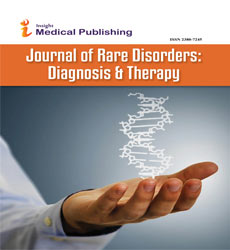Abstract
Urinary Incontinence and Quality of Life in Women with Cysticc Fibrosis
Context: Stress Urinary Incontinence (SUI) is recognized as a common complication in women with CF.
Objective: The primary objective of this study was to verify the prevalence of Urinary Incontinence (UI) and its associations with Quality of Life (QoL) in adult women with CF; secondarily, its associations with cough score, nutritional aspects and pulmonary function.
Design: cross-sectional study.
Patients: female patients aged 18 years and older.
Interventions and main outcome measure: The patients answered the international consultation on incontinence questionnaire short form, the Kings Health Questionnaire, and the Leicester Cough Questionnaire. Nutritional assessment was obtained. Sputum bacteriology and lung function were also performed.
Results: Fifty-two women were included, with mean age of 29.0 ± 9.7 years and mean forced expiratory volume in one second (FEV 1) (% of predicted) of 50.1 ± 21.7%. Thirty-two patients (61.5%) presented symptoms of UI, 23 (44.2%) of stress UI and 9 (17.3%) of mixed UI. However, there was no significant association between UI and pulmonary function, sputum bacteriology, and cough score (p>0.05). There was a significant association between UI and QoL variables (p<0.05).
Conclusion: this study identified a prevalence of 61.5% of UI in women with CF. The presence of UI resulted in a negative impact on QoL in women with CF.
Author(s):
Abstract | Full-Text | PDF
Share this

Google scholar citation report
Citations : 241
Journal of Rare Disorders: Diagnosis & Therapy received 241 citations as per google scholar report
Journal of Rare Disorders: Diagnosis & Therapy peer review process verified at publons
Abstracted/Indexed in
- Google Scholar
- China National Knowledge Infrastructure (CNKI)
- Directory of Research Journal Indexing (DRJI)
- Publons
- International Committee of Medical Journal Editors (ICMJE)
- Secret Search Engine Labs
- Euro Pub
Open Access Journals
- Aquaculture & Veterinary Science
- Chemistry & Chemical Sciences
- Clinical Sciences
- Engineering
- General Science
- Genetics & Molecular Biology
- Health Care & Nursing
- Immunology & Microbiology
- Materials Science
- Mathematics & Physics
- Medical Sciences
- Neurology & Psychiatry
- Oncology & Cancer Science
- Pharmaceutical Sciences


